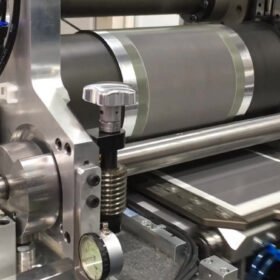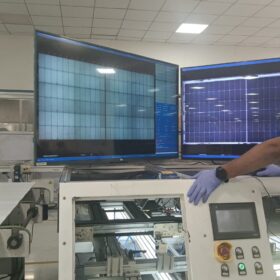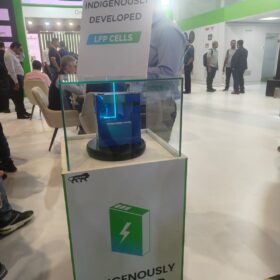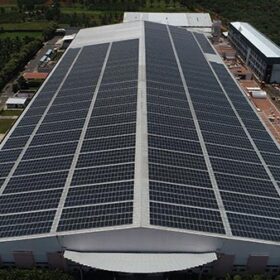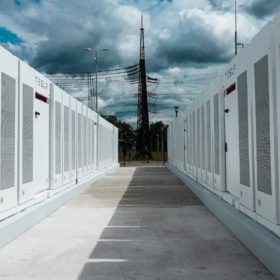The Government of India, as part of its Nationally Determined Contributions (NDCs), has set a target of 33% emissions intensity reduction, with the transport sector being one of the key sectors with substantial mitigation potential.
One of the most vital transportation emissions mitigation strategies agreed to by the Government of India was increasing the share of Indian Railways in the movement of freight from the current ~35-36% to 45% by 2030.
Indian Railways has a major role in contributing India’s NDC towards combating Climate Change through several means:
- To enhance the share of the Railways in the overall land based freight transport from present 36% to 45% by the year 2030.
- Indian Railways is setting up Dedicated Freight Corridors (DFCs) across the country. The first phase of the project alone is estimated to reduce emissions by about 457 million ton CO2 over a 30 year period.
- Increase the share of renewable energy in its energy mix.
- Railways to further improve its energy efficiency for both diesel and electric traction thereby facilitating the reduction of GHG emissions for the country.
- PAT Scheme to be implemented in railway sector.
- Use of 5% blending of biofuels in traction diesel fuel.
- Improve water use efficiency by 20% upto 2030.
- Tree plantation to increase Carbon sink.
- Waste Management and Pollution control.
- Adopting the good practices on Green Buildings, Industrial Units and other establishments for the management of resources and infrastructure to achieve Environmental Sustainability in growth of IR.
- Contribution in “Swachh Bharat Mission”.
- IR has set a target of becoming a “Net Zero” entity by 2030 by completing electrification of all railway tracks.
Indian Railways has taken steps to streamline its initiatives with regards to environmental management, with some notable initiatives including Energy Efficiency Management, Renewable and Alternate sources of Energy, Water conservation, Afforestation, Water Management and Green Certifications.
Net-Zero Carbon Emission:-
- IR has planned to gradually reduce its carbon footprint and become Net Zero Carbon Emitter by 2030. IR will attempt to reduce its carbon footprint primarily through sourcing of its energy requirements from renewable energy sources. By 2029-30, expected requirement of installation of renewable capacity would be about 30 GW. IR has installed 142 MW solar rooftop capacity and 103.4 MW of Wind energy till August, 2022.
- Other strategies towards Net Zero emitter includes taking a multi-pronged approach of Electrification of its routes, shifting from diesel to electric traction, promotion of energy efficiency, construction of Dedicated Freight Corridors, Green certification of Railway Establishments etc.
- IR has electrified 52,508 RKM out of total BG network of 65,141 RKM (80.61%).
- With 100% electrification, the demand for electricity will go up to about 72 BUs by 2029-30 from 21 BUs in 2019-20. Carbon emission by 2029-30 as per Business As Usual mode is estimated to be 60 million tons which would be offset by various measures planned by IR.

